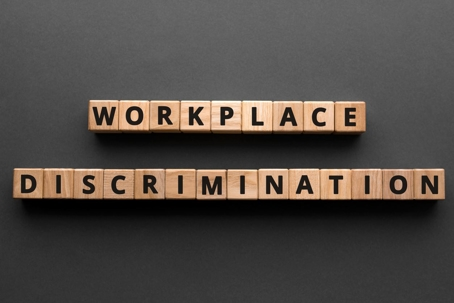Mental health has emerged as a critical component of the employment law landscape in discrimination cases. As there is increased awareness of issues around mental health, employers and employees are navigating a much more complex legal environment. Mental health can influence claims, defenses, and remedies.
Employers’ Defenses Arising From Mental Health Considerations
As for the challenges offered to the plaintiff’s case, mental health is now a common trait within the employment landscape which is bound to the systematic malpractice witnessed in discrimination cases. So as these issues are acknowledged, both employees and employers are operating in a more nuanced legal environment, with the multitude of mental health concerns being relevant to the claims, defenses and remedies alike
Resolving Invoked Perceptions on Employment Rehabilitation
Over time people with disabilities have been defined under laws such as the ADA within the US to include mental health conditions as defined by law which limit one or more major life activities. This acknowledgement goes a long way to provide assurances that employees who are mentally challenged in one way or the other are protected from any discriminatory practices at the work place. Employers bear an obligation to make the necessary changes to the workplace in a way that does not create unjustifiably high burdens upon the employer. This protection affords most, if not all, mental health conditions such as depression, anxiety disorders, PTSD or bipolar disorder where conditions meet statutory requirements
Forms of Mental Health Related Discrimination & Culpability
Discrimination related to the mental health status of an individual might include, but are not limited to, hiring discrimination, unjust dismissal, neglect of arrangements, or exposing an individual to an unfriendly environment. For example, an employee with a reasonable adjustment and the mental illness condition might be discriminated against for merit-based promotions. Even in some situations, an employer’s indifference to offering a moderate working environment or adjustable working hours becomes a form of discrimination.
Read Also: Skilled Worker Visa Maternity Leave and Pregnancy Guidance
Another problem is that of retaliation. Seeking for more favorable working conditions or lodging an official complaint about discrimination based on mental health issues may lead to negative consequences such as demotion, harassment and further discrimination which in effect flouts the anti-discrimination policy.
Struggles in the Process of Proving Discrimination
To establish discrimination on the basis of mental health, it is necessary to show evidence of adverse treatment as well as the presence of a mental health condition that can be considered a disability under relevant statutes. This healthcare documentation, communication at the workplace, performance reviews, and much more can greatly assist in proving such cases.
Employers on their part may seek to defend such cases where there is wrongful discrimination by asserting that there was basis on performance or some business reasons. This relationship complicates issues of discrimination against mental illness as they tend to be based on the perception of certain interactions at the workplace and the overall provision of reasonable adjustments to the employees.
Employer Responsibilities and Prevention Strategies
These two facets are primarily interrelated as employers have an obligation both to the law and to their employees to ensure that the workplace is free of discrimination. Such measures need including training of top management and staff on issues related to mental health, ensuring a supportive environment, and establishing formal procedures for making requests for adjustments. Not adhering to this rule increases the chances of incurring legal risks and in the same breath affects the employee’s morale and performance.
Proactive measures can avoid discrimination cases. For example, an employer can create secret channels for discussing mental health concerns or collaborate with professionals in the field of mental health to help employees. Conducting periodic audits on the policies and practices of a workplace can also ensure conformity with legal standards.
Remedies and Outcomes
Remedies for this purpose may include reinstatement, back pay and compensatory damages, or policy reforms. In some instances, mandatory training or systemic change may be imposed upon employers to prevent future occurrences. Indeed, successful outcomes may bring both financial and psychological relief to employees, validating experiences and laying the groundwork for a better practice of workplace life.
This is what brings out the change in perception about workplace inclusion and rights. The changing laws related to mental health would thus call for more conscious efforts from both the employers and the employees in creating fairness and compliance. Understanding and addressing the special problems brought about by mental health conditions would make a workplace an environment of respect, support, and equality.
For further advice please get in touch with our team today by calling 020 8538 0182 or +44 7857 809932, or you can email us on [email protected].
Please note these blogs are to enhance your knowledge and are not tailored advice, for specific advice please get in touch with our outstanding team.



